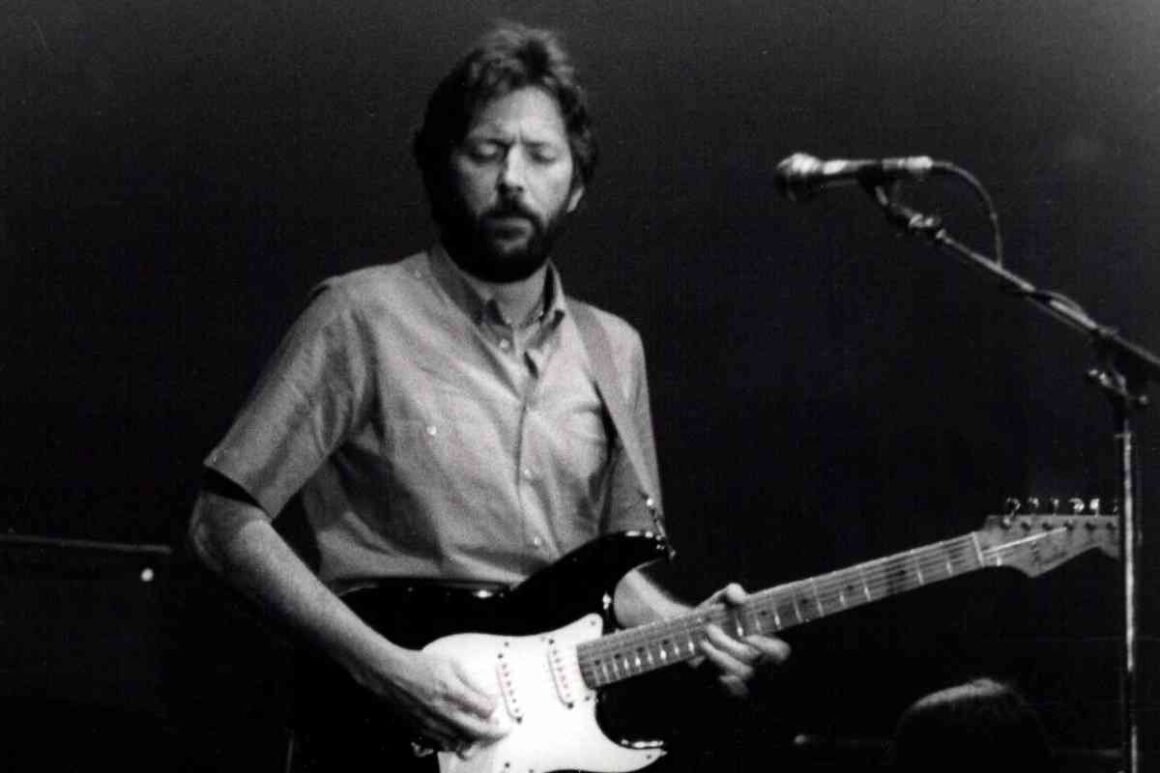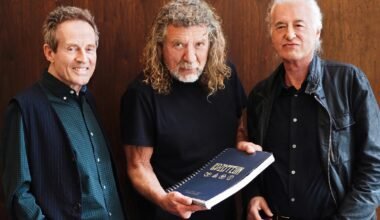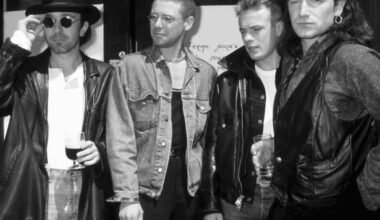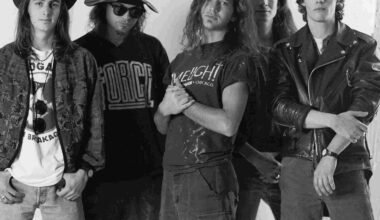Eric Clapton never claimed to be the world’s best singer, and that’s part of what made his career so remarkable. He let his guitar do most of the talking, and with the wealth of classic solos he left behind, it’s hard to argue with that approach. Clapton’s unique blend of blues and rock spoke volumes, but even with all his musical gifts, there was one genre he felt he wasn’t quite equipped for: soul.
While Clapton became known for his blues-influenced guitar work, both with The Yardbirds and his solo career, his attempts at soul music were a different matter entirely. Blues and soul share similar roots, but where blues is often more straightforward, soul requires a deeper emotional resonance that Clapton himself felt was beyond his reach. For instance, his take on “Little Wing” is memorable, but it doesn’t quite measure up to Jimi Hendrix’s soulful version.
Even though Clapton may have had the raw emotion to convey pain and vulnerability, especially in his work with Derek and the Dominos, soul music’s complexity and depth remained elusive. This became especially apparent when he considered taking on a song like Ray Charles’s “Sinner’s Prayer.” Despite his admiration for Charles, Clapton knew he couldn’t do the song justice. The vocal dynamism required was something only a legend like Charles could fully capture.
Clapton later recorded “Sinner’s Prayer” on his Journeyman album, but even he acknowledged that the original was in a league of its own. The way Charles poured his soul into the track was unmatched, and despite Clapton’s excellent rendition, something was undeniably missing. While Clapton couldn’t replicate the power of Charles’s delivery, the influence of soul was still clear in his own music. Whether through the tenderness of “Wonderful Tonight” or the heartbreak of “Tears in Heaven,” Clapton wove his own soul-inspired melodies into his work.
Clapton never needed to claim the title of soul singer. His journey through blues, rock, and heartfelt ballads proved that while he may not have been Ray Charles, he still had his own way of touching the heart.







